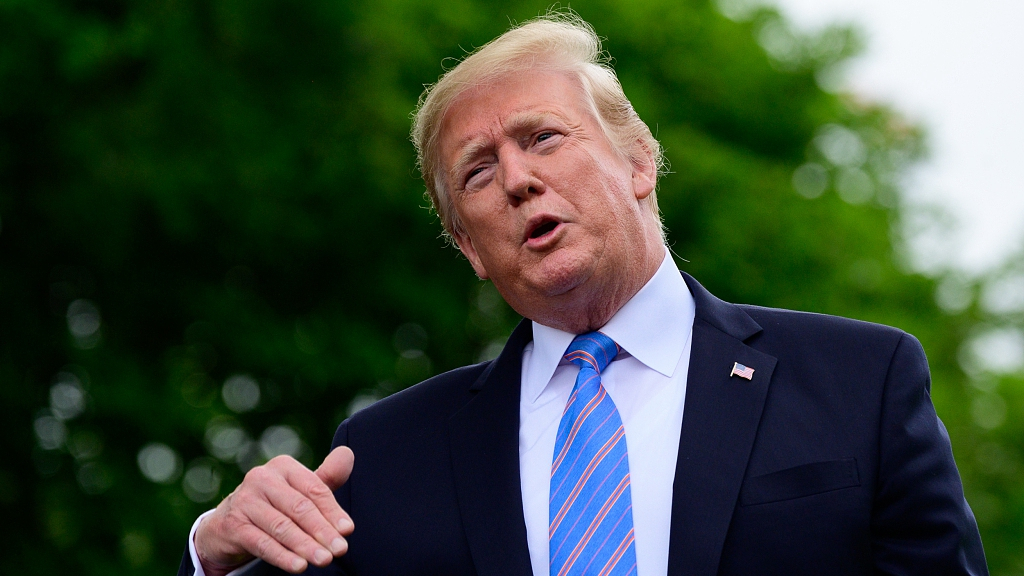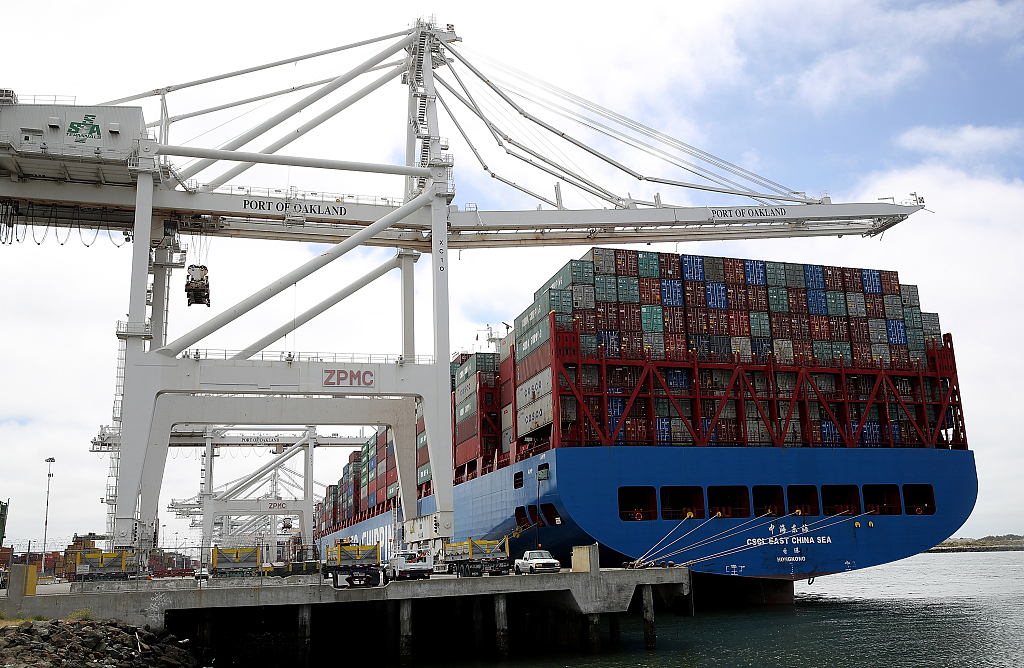
Editor's note: Andrew Korybko is a Moscow-based American political analyst. The article reflects the author's opinions, and not necessarily the views of CGTN.
The signing of the China-U.S. phase one trade deal is a pivotal moment in the two countries' bilateral relations. It represents a hard-won achievement for both sides after they came together in the spirit of goodwill, friendship and trust to reach a mutually beneficial series of agreements. This took a lot of time and energy for both parties, and the timing couldn't be better for their fast-changing roles globally.
It was therefore sensible enough in hindsight for China and the U.S. to make progress in their relations for future long-term strategic cooperation. As such, the phase one trade deal is indeed a major victory because its successful development into a more comprehensive trade deal will go a long way towards achieving the aforementioned objective that would benefit them both.
The U.S. has every reason to abide by the terms of the agreement since a lack of compliance would be detrimental to its own interests. Such a scenario would sabotage everything that they have been working so hard to finally achieve, unexpectedly restarting their economic rivalry and therefore once again jeopardizing the world's macroeconomic stability.
The global economy is very fragile at the moment and still needs a long time to recover from the negative impact of the trade war, both in terms of business growth and the lack of trust many U.S. partners have.
Although the U.S. is very proud of its economic strength, it would nevertheless be adversely affected in the event that a second round of the trade war commences through any irresponsible actions on its part. That outcome would be inevitable because of how closely tied it is to the rest of the global economy.
While it is true that the U.S. doesn't depend on exports as much as Germany does, for example, this doesn't mean that the cost of many products would not rise as a result of inflation, thus hurting the average American.

The Hong Kong-based CSCL East China Sea container ship sits in a berth at the Port of Oakland in Oakland, California, June 20, 2018.
The Hong Kong-based CSCL East China Sea container ship sits in a berth at the Port of Oakland in Oakland, California, June 20, 2018.
Trump's self-interested reason in avoiding this scenario is to retain his political support at home ahead of the heated election in November. American voters, just like most of their counterparts elsewhere in the world, tend to judge incumbent presidents based on how well the economy did during their tenure, and Trump's political survival could be at stake if he restarts the trade war before the next election.
Even afterwards, however, he presumably wants his already controversial legacy to be marked by unquestionable economic growth that he could therefore claim credit for, which might not happen if he restarts his trade war with China.
Another point that deserves mentioning is that China and the U.S.' mutual goal of strengthening their strategic partnership would be endangered if the economic basis of their relations was destabilized through Trump's unilateral actions.
It would be extremely difficult to imagine these two countries making progress on other issues if they can't even agree on trade, which would in turn further destabilize international relations during this ongoing era of systemic uncertainty. The rest of the world would also suffer, and the unforeseen consequences of that development might be more harmful to the U.S.' long-term interests than it expects.
Having said all of that, there's no credible reason to seriously doubt Trump's sincerity at this time. As a businessman, he understands the importance of time and surely does not want to waste U.S.'s own time and energy working towards deals that it doesn't intend to honor.
(Cover: U.S. President Donald Trump speaks at the White House during an event in Washington, DC, U.S., June 10, 2019.)
(If you want to contribute and have specific expertise, please contact us at opinions@cgtn.com.)